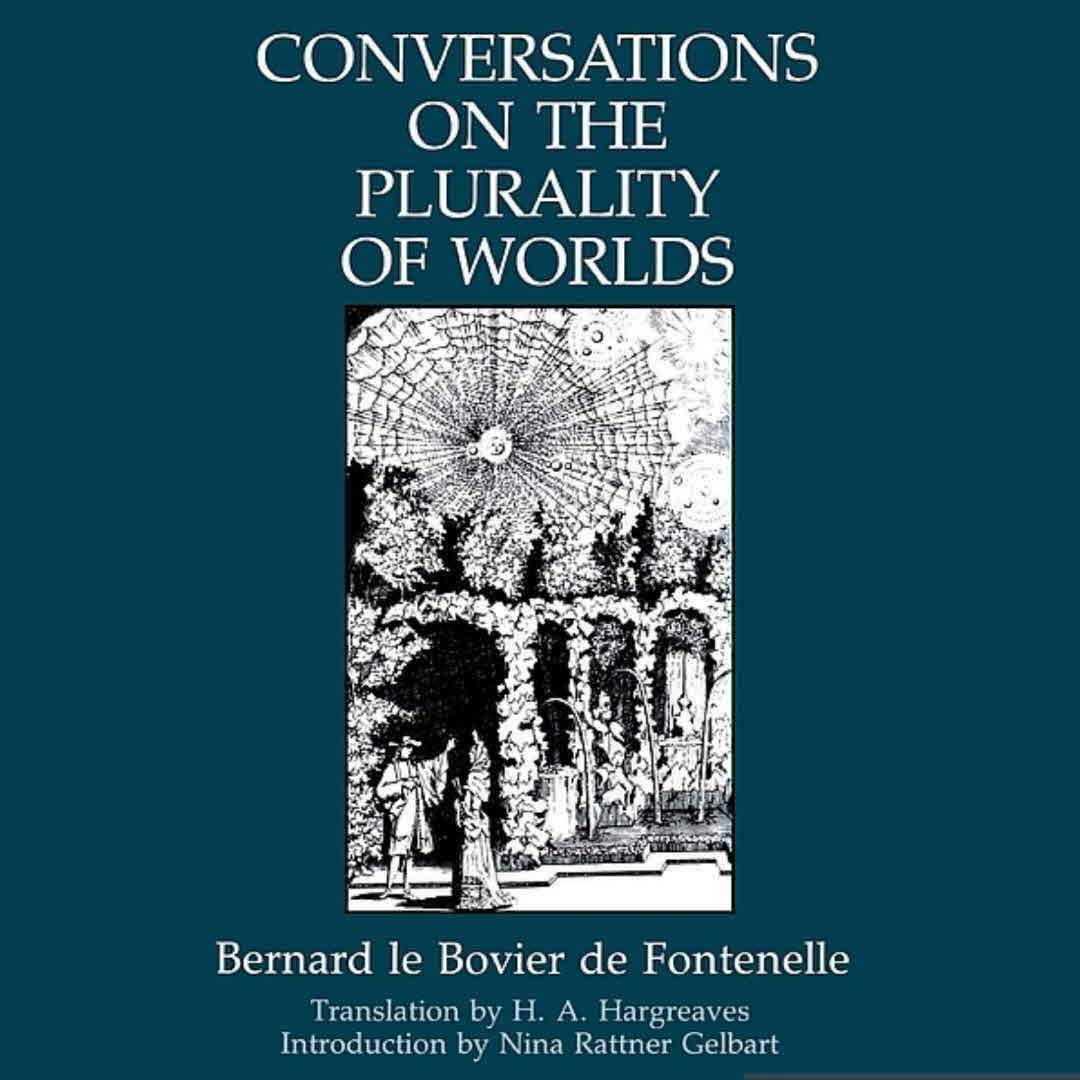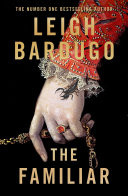
(1686) I picked this up because of a passing reference to Fontenelle in Eliza Haywood's "Love in Excess." It's a book on astronomy, written for a popular audience (especially for women), claiming that the planets are inhabited and that each star has a solar system like ours. It's dated, obviously, but its conversational tone, imagination, and humor make it surprisingly readable even today. It is easy to see why it sold so well in its own time.
34 likes


















